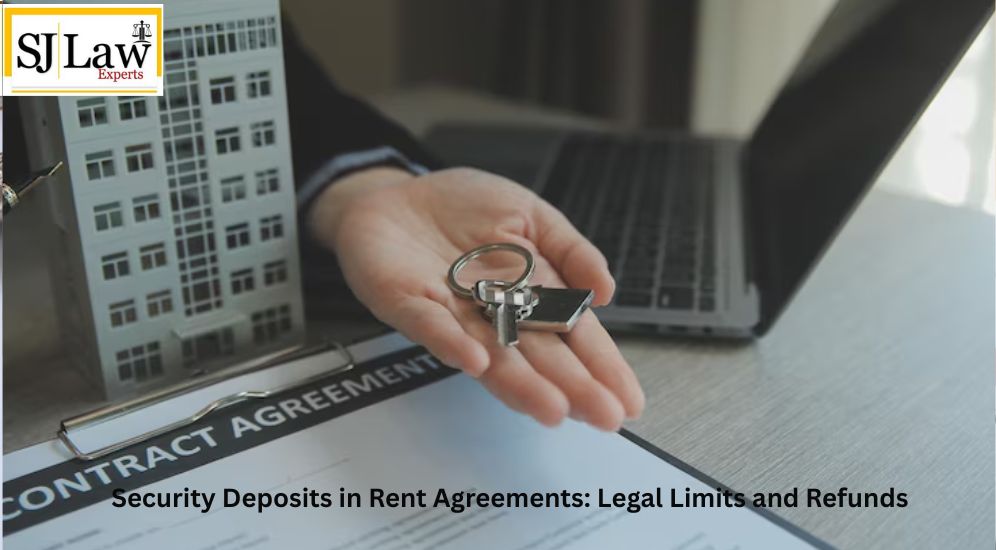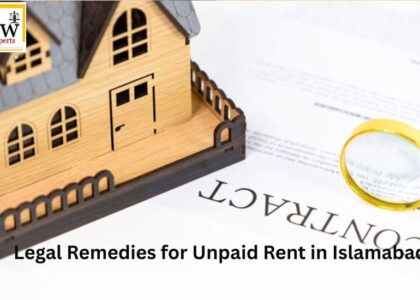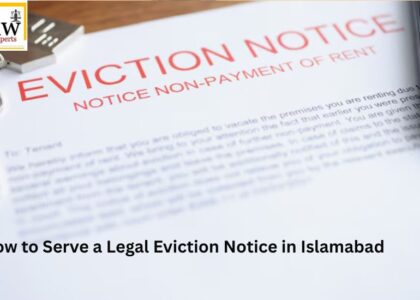Navigating the rental process can be complex, especially when it comes to security deposits. Whether you’re a landlord or a tenant, understanding your legal rights and obligations around this financial component is crucial. In this guide, we’ll walk you through what security deposits are, how much can legally be charged, how they’re handled, and what to expect when it comes time for refunds.
Let’s dive into everything you need to know to make your next rental agreement smoother and fully compliant.
Understanding Security Deposits: More Than Just a Payment
Before we explore legal boundaries, it’s essential to understand what a security deposit actually is.
When a tenant agrees to rent a property, they typically pay a security deposit upfront. This sum serves as a safety measure for landlords, helping to cover potential issues such as property damage, unpaid rent, or other breaches of the lease. However, this deposit isn’t a fee—it’s fully refundable, provided the terms of the agreement are respected and no damage beyond normal wear and tear occurs.
So, what does this mean in real terms?
It means that tenants should get their money back, in full, unless there’s a valid reason not to. But that brings us to an important question: How much can actually be charged?
Legal Limits: How Much Can a Landlord Ask For?
Here’s where regulations step in to protect tenants from being overcharged. Most countries and states set legal limits on the amount landlords can request as a security deposit. These limits vary depending on your location, but here’s a breakdown of common scenarios:
- In the United States, many states limit deposits to one or two months’ rent. For instance, California caps it at two months for unfurnished units, or three months for furnished.
- In the UK, under the Tenant Fees Act 2019, the maximum deposit is five weeks’ rent if the annual rent is under £50,000.
- In Canada, particularly in Ontario, only the last month’s rent can be requested as a deposit—security deposits for damages are not permitted.
- In Australia, bond payments typically can’t exceed four weeks’ rent, unless rent exceeds a certain amount weekly.
Why does this matter? Because demanding a deposit beyond the legal limit could make a landlord liable to penalties or unable to enforce certain lease terms, including eviction.
How Are Security Deposits Stored?
After the deposit is collected, it must be stored in a legally compliant manner. In many jurisdictions, landlords are required to place the deposit in a separate bank account or a government-approved tenancy deposit scheme.
Let’s break it down:
- In the UK, landlords must use one of the three government-approved tenancy deposit protection (TDP) schemes, and provide the tenant with details within 30 days.
- In parts of the US, like New York, deposits must be held in interest-bearing escrow accounts.
- In Canada, provinces such as British Columbia require deposits to be held until the tenancy ends, and in some cases, interest must be paid to the tenant.
This ensures transparency and fairness throughout the rental period. Tenants should always ask for proof of where the deposit is held and ensure it complies with local laws.
When Can a Landlord Withhold the Deposit?
This is where most conflicts arise. Landlords can only legally withhold money from a deposit under specific circumstances, which should be clearly outlined in the lease agreement.
Acceptable reasons to withhold include:
- Unpaid rent or utility bills
- Significant damage to the property, excluding normal wear and tear
- Cost of cleaning, if the property is left in an unacceptable state
- Missing or broken furniture, if originally provided and documented
However, landlords cannot deduct for:
- Worn carpets
- Faded paint or wallpaper
- Minor scuff marks
Any deduction must be itemized with receipts and documentation provided to the tenant. In other words, landlords can’t just keep money without explanation.
Refund Timelines: When Do You Get Your Money Back?
So, your lease is over, and the keys have been handed back. What now?
Legally, landlords are required to return the deposit—or an itemized deduction—within a specific time period:
- In the U.S., most states require the refund within 14–30 days.
- In the UK, if no dispute arises, the TDP scheme facilitates a refund within 10 days.
- In Canada, tenants should expect their deposit back within 15 days, once they’ve provided a forwarding address.
- In Australia, it’s typically 14 business days after vacating.
Failure to refund within the legal window can open landlords up to legal claims, interest charges, and court-mandated penalties.
Avoiding Conflicts: Tips for Both Tenants and Landlords
Whether you’re handing over or holding onto a security deposit, here are tips to stay on the right side of the law—and each other.
Landlords should:
- Provide a move-in checklist and take dated photographs.
- Keep the property professionally cleaned before a new tenant arrives.
- Clearly document any maintenance or repairs.
- Return deposits on time and communicate openly with tenants.
Tenants should:
- Carefully review the lease before signing.
- Document the property’s condition on day one.
- Communicate clearly about move-out procedures.
- Provide a forwarding address to avoid delays.
What If There’s a Dispute Over the Deposit?
Despite best efforts, disagreements can still happen. Fortunately, most countries have dispute resolution channels in place to help mediate.
- In the UK, the TDP scheme offers free arbitration services.
- In Canada and Australia, government tenancy boards offer structured dispute resolution processes.
- In the U.S., tenants can pursue action in small claims court.
To strengthen your case, both parties should retain all relevant emails, lease agreements, receipts, and photographic evidence. Having this information handy can make a significant difference during a dispute.
📞 Contact SJ Law Experts Today
Trust SJ Law Experts to handle your case with professionalism, empathy, and precision.
📌 Schedule Your Legal Consultation:
- 📱 WhatsApp/Phone: +92 (0) 335-411-2288
- 📧 Email: SJLawExperts@gmail.com
- 📍 Office: No. 1, First Floor, Al Anayat Mall, Above Faysal Bank, G-11 Markaz, Islamabad, Pakistan
- 🌐 https://sjlawexperts.com
Common Pitfalls to Avoid
Avoiding problems with security deposits starts with being informed and prepared. Here are common pitfalls and how to avoid them:
- Not registering the deposit – illegal in many areas.
- Failing to inspect before and after – leads to disputes.
- No written communication – always get agreements in writing.
- Overcharging o,r under-documenting deductions – opens the door for legal trouble.
Final Thought s: Transparency and Communication are Key
Security deposits are a standard part of the rental experience, but they don’t need to be a source of conflict. When both landlords and tenants understand the legal boundaries, best practices, and refund procedures, the process becomes smooth, transparent, and fair.





